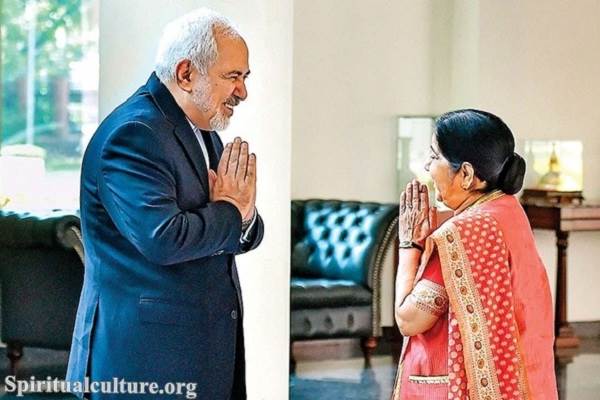The Islamic faith is built on five pillars, and Salah, or prayer, is one of them. The Islamic prayer times are not just random moments throughout the day but specific times chosen for their spiritual significance.
Islamic Prayer Times
The Islamic prayer times are based on the movement of the sun. There are five daily prayers that are obligatory for all adult Muslims, and they are performed at five different times of the day: Fajr (before dawn), Dhuhr (midday), Asr (afternoon), Maghrib (after sunset), and Isha (night).
Fajr is the first prayer of the day, performed before sunrise. This prayer is a way to start the day with a clear mind and a focus on the spiritual rather than the material world.
Dhuhr is the midday prayer. It is performed when the sun is at its zenith, symbolizing the peak of the day and the importance of taking a break from worldly affairs to focus on the spiritual.
Asr is the afternoon prayer. It is performed in the afternoon, reminding Muslims to maintain their spiritual focus throughout the day.
Maghrib is a prayer performed just after sunset. It marks the end of the day and is a time to reflect on the day’s events and give thanks for the blessings received.
Isha is the night prayer. It is performed after the twilight has disappeared, marking the end of the day and the beginning of the night. It is a time for reflection, contemplation, and a reminder of the peace that comes with the end of a day.
Understanding the Islamic Prayer Times
The Islamic prayer times are not just about performing a ritual; they are about maintaining a constant connection with the divine. Each prayer time has its own significance and offers a unique spiritual growth and development opportunity.
The Islamic prayer times are also a reminder of the cyclical nature of life and the passage of time. Each day is a microcosm of life itself, with its beginnings, peaks, declines, and ends. By observing the Islamic prayer times, Muslims are reminded of this cycle and the transient nature of life.
The Islamic prayer times also serve as a form of discipline. By adhering to these times, Muslims develop a sense of discipline and routine, which can be beneficial in all aspects of life.
In conclusion, the Islamic prayer times are a fundamental part of the Islamic faith. They are not just times to perform a ritual but to connect with the divine, reflect on life, and develop discipline. Whether you are a Muslim or not, understanding the Islamic prayer times can offer a fascinating insight into the Islamic faith and its emphasis on spirituality, discipline, and the passage of time.



